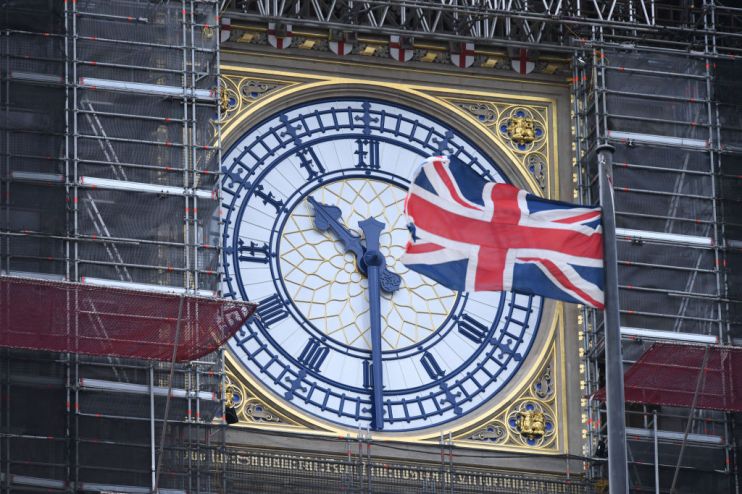UK threatens to walk away from EU trade talks if no progress by June

Downing Street will demand autonomy over “our own laws and political life” in a future trade deal with the EU – and will walk away from talks as early as June if it appears that an agreement is not likely, according to the UK’s negotiating mandate.
The 30-page mandate, published minutes ago, clearly sets out how the UK will “not negotiate any arrangement in which the UK does not have control of its own laws and political life”, ruling out alignment with the EU, or any suggestion that UK laws could be subject to the European Court of Justice.
The document envisages a comprehensive free trade agreement similar to those struck with Canada and Japan, supplemented by other areas including “principally” fisheries, law enforcement and judicial cooperation in criminal matters, transport and energy.
While it is not given high priority within the mandate, financial services does get its own chapter, with the UK seeking an agreement that provides “a predictable, transparent and business-friendly environment for cross-border financial services business”. The UK is hoping to strike an equivalence-based agreement with legally binding obligations on market access and fair competition.
Although there is no explicit timescale within the mandate, it is thought that chief sherpa David Frost and his negotiating team will seek a more substantial notice period than the standard 30-day, to ensure greater stability for the City.
On areas dubbed the “level-playing field” by the EU – a term that includes issues such as environmental regulations, labour laws, tax and state aid, although not recognised by Downing Street – the mandate makes it clear that the UK will not accept any subordination.
Similarly regarding food standards, known as sanitary and phytosanitary (SPS), the UK wants a deal “preserving each party’s autonomy over their own SPS regimes”.
The mandate also sets out that there will be many areas that do not need to be “incorporated into a negotiated treaty or similar arrangement”, pointing to decisions on immigration and foreign policy, for example, as falling outside a formal framework.
The government said it would work “in a speedy and determined fashion” to strike a deal this year, ruling out any extension of the transition once again. But if the “high-level meeting” in June suggests there is limited chance of an agreement being finalised by September, the government will consider moving the UK’s “attention” from talks to focusing “solely” on preparing for the UK to trade on WTO terms – and with it, the necessary infrastructure at borders.
“The government will work hard to agree arrangements on these lines,” the mandate says. “However if it is not possible to negotiate a satisfactory outcome, then the trading relationship with the EU will rest on the 2019 Withdrawal Agreement and will look similar to Australia’s.”